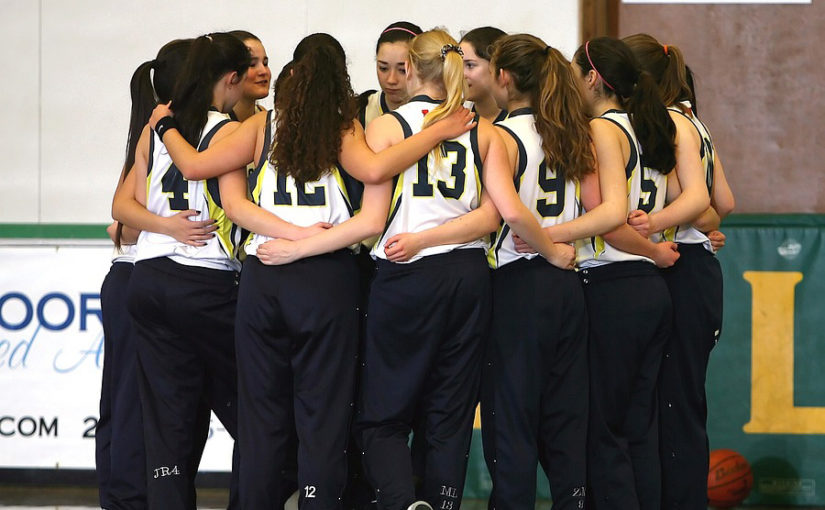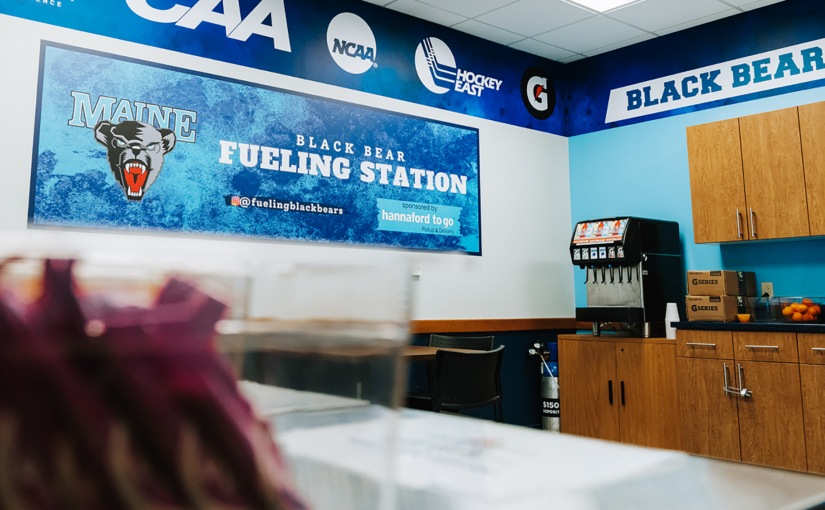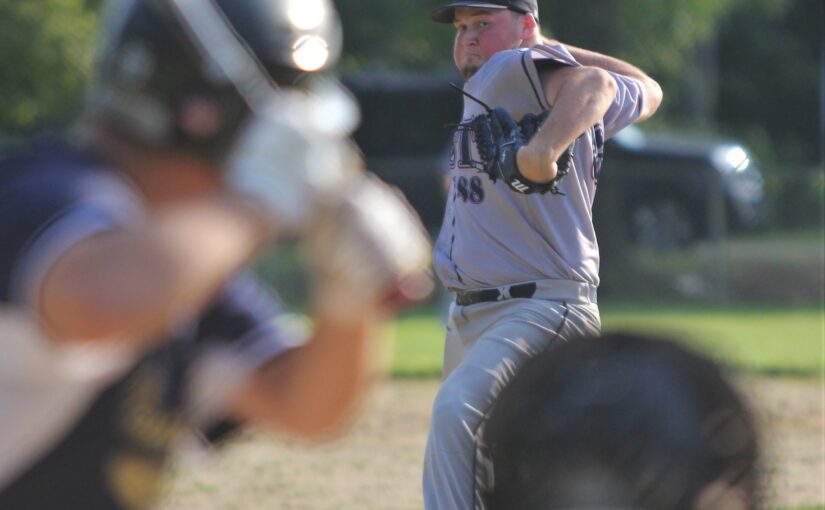UConn May Buy Out A.D. Hathaway
These should be heady times for the University of Connecticut. The men’s basketball team won the national title in April, the football team played in its first Bowl Championship Series game in January and the women’s basketball program is widely considered the country’s premier program. Few athletic departments can compare with UConn’s recent accomplishments.
Outside the lines, however, UConn appears to lead the nation in drama and infighting. Its new president, Susan Herbst, declined on Tuesday to address the future of the athletic director Jeff Hathaway, whose job appears to be in limbo after a Connecticut newspaper, The Day of New London, reported last weekend that he was in negotiations to be bought out of his contract.“We don’t talk about personnel matters,” Herbst said in a telephone interview.
The consulting firm MGT of America is conducting a review of the athletic department, at a cost of $28,400. Herbst said she planned to review each of UConn’s departments during her tenure, but the timing of the athletic department review is curious. Despite UConn’s success, it appears destined for an overhaul. The men’s basketball coach Jim Calhoun still has not announced whether he will return next season.
Hathaway, who is scheduled to be the chairman of the N.C.A.A. men’s basketball committee this year, faces a more uncertain future. (Calhoun hung up on a reporter seeking comment on Tuesday, and Hathaway did not return a call. Calhoun told ESPN.com Tuesday, “I don’t want to see anyone lose a job.”)
Calhoun and Hathaway have had a poor relationship since Hathaway became athletic director in 2003, which has only been exacerbated by the N.C.A.A.’s recent ruling to put the men’s basketball program on probation and Calhoun’s loss of more than $180,000 in salary bonuses because of the program’s poor academic progress ratings. Hathaway also had a strained relationship with the former football coach Randy Edsall, who left for Maryland after the Fiesta Bowl in January. Hathaway’s search for Edsall’s successor led to an embarrassing public fight with the football program’s biggest donor.
Herbst insisted that the athletic department was highly functional.
“We have our issues, like any big university does,” she said. “We’ve had some struggles with A.P.R. in men’s basketball. We’ve had our fund-raising issues. We need to do more in that area. But we are a highly functioning department with a lot of people doing a terrific job every day.”
Although Hathaway has been criticized for not raising enough money for a basketball-only practice facility, that would be an unlikely cause for a firing.
Herbst was careful to not even use Hathaway’s name during a lengthy interview. When asked about the conflict between Calhoun and Hathaway, she said: “There are personality conflicts in every part of the university. That never drives my decision-making.”
She raved about Calhoun as a coach and as a philanthropist, and said she expected Calhoun to inform her of his decision “very soon.”
If UConn and Hathaway part ways, it could cost the university more than $3 million. “That’s a huge amount of money, especially when all institutions of higher education are under budgetary concerns,” said Susan Spriggle, an associate professor of marketing at UConn and a former chairwoman of the President’s Athletic Advisory Committee.
Spriggle said Hathaway was an ideal leader as an academic.
“From a faculty perspective and from someone who has been connected with Jeff from an academic-oversight perspective, I think he’s done a fine job to have both winning teams and a commitment to academics,” she said.







